Why everyone’s talking about football’s dementia timebomb
Study shows former players have greatly increased risk of serious brain disease
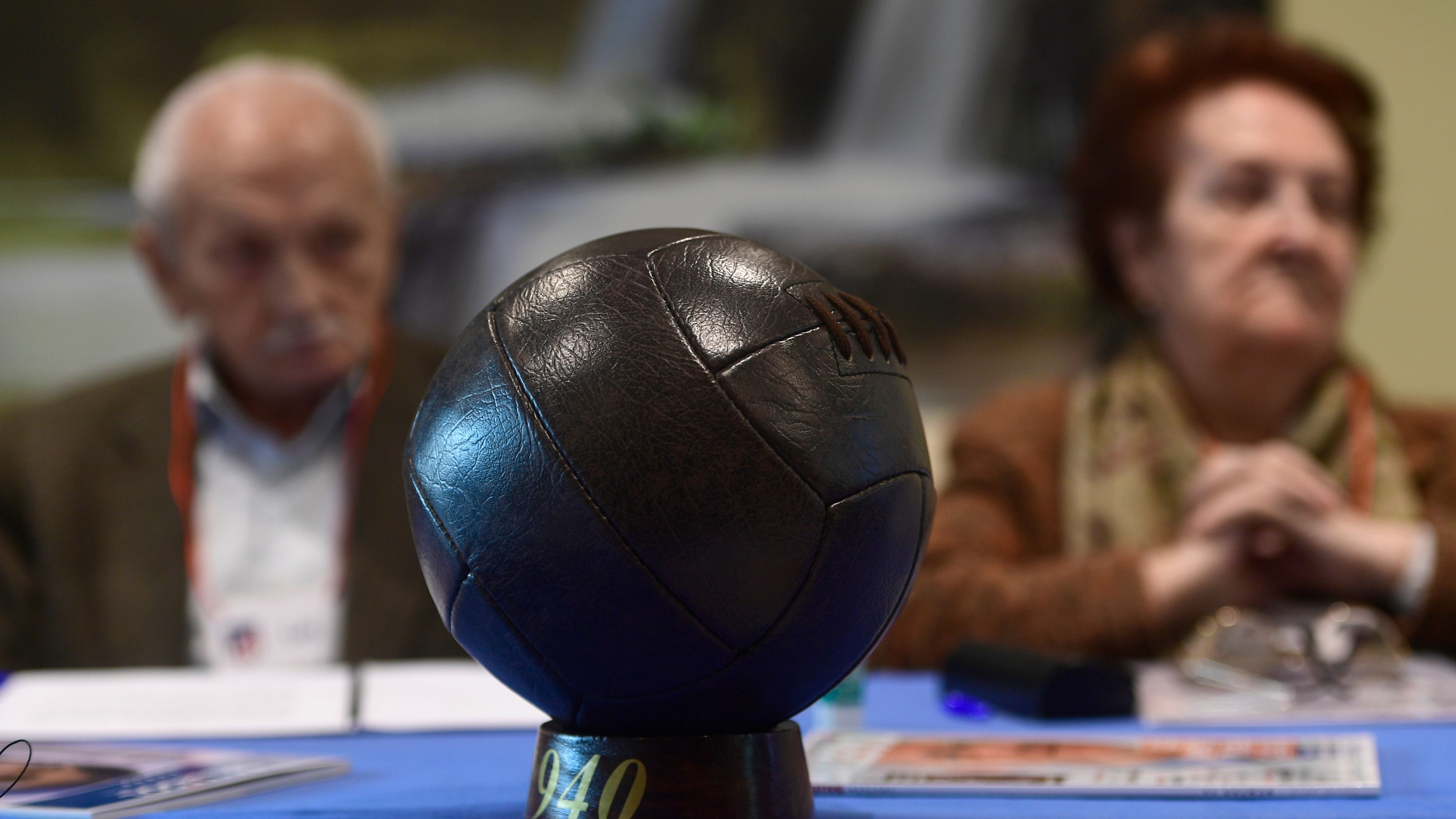
A free daily email with the biggest news stories of the day – and the best features from TheWeek.com
You are now subscribed
Your newsletter sign-up was successful
Former professional footballers are three-and-a-half times more likely to die of dementia than their peers, according to a new study.
Researchers at Glasgow University confirmed the link between football and brain damage after investigating claims that heading the ball could cause brain injuries, the BBC reports.
The study compared the causes of death of 7,676 Scottish professional footballers who were born between 1900 and 1976 against those of 23,000 people from the general population.
The Week
Escape your echo chamber. Get the facts behind the news, plus analysis from multiple perspectives.

Sign up for The Week's Free Newsletters
From our morning news briefing to a weekly Good News Newsletter, get the best of The Week delivered directly to your inbox.
From our morning news briefing to a weekly Good News Newsletter, get the best of The Week delivered directly to your inbox.
Consultant neuropathologist Dr Willie Stewart, who led the 22-month research project, said: “This is the largest study to date looking in this detail at the incidence of neurodegenerative disease in any sport, not just professional footballers.”
––––––––––––––��––––––––––––––––For a round-up of the most important stories from around the world - and a concise, refreshing and balanced take on the week’s news agenda - try The Week magazine. Get your first six issues free–––––––––––––––––––––––––––––––
What prompted the study?
The research was commissioned by the Football Association (FA) and the Professional Footballers’ Association (PFA) after the family of former West Brom striker Jeff Astle claimed his death was linked to repeated head trauma that resulted from playing the sport.
A free daily email with the biggest news stories of the day – and the best features from TheWeek.com
The England international died in 2002 at the age of 59 after developing dementia, and an inquest into his death suggested heading heavy leather footballs repeatedly had contributed to trauma to his brain.
Other research by the FA and the PFA into the possible link was dropped because of what were said to be “technical flaws”, says the BBC.
But a campaign by Astle’s family led to the new study being undertaken.
The team at Glasgow University’s Brain Injury Group discovered there was a five-fold increase in the risk of Alzheimer’s, a four-fold increase in motor neurone disease and a two-fold increase in Parkinson’s, The Guardian reports.
Responding to the findings, Astle’s daughter Dawn said: “My overall feeling is that I am staggered, even though my own research and instinct was always that there was a serious problem.
“There will be no celebrations. We knew dad could not be the only one. We just wanted that question answered. We just wanted to see that football cared enough to find out the scale of the problem, to do the right thing and be there for these people when they need them most.”
Is it safe to continue playing?
The study showed that although footballers had higher risk of death from neurodegenerative disease, they were less likely to die of other common diseases, such as heart disease and some cancers, including lung cancer.
Dr Stewart said: “While every effort must be made to identify the factors contributing to the increased risk of neurodegenerative disease to allow this risk to be reduced, there are also wider potential health benefits of playing football to be considered.”
That view is shared by Dr Carol Routledge, director of research of Alzheimer’s UK.
“Dementia is caused by complex brain diseases and our risk is influenced by our genes, lifestyle and health,” she said. “The best evidence suggests that good heart health is the best way to keep the brain healthy, so when played safely, a kickaround with friends is still a great way to stay mentally and physically active.”
What’s next?
The report was unable to confirm the definitive causes behind the link, but suggested that factors may include repeated concussions and heading of footballs.
The FA has announced plans to set up a task force to examine the potential causes of the link more deeply.
The organisation’s chair, Greg Clarke, said: “The whole game must recognise this is only the start of our understanding and there are many questions that still need to be answered.
“It is important the global football family now unites to find the answers and provide a greater understanding of this complex issue. The FA is committed to doing all it can to make that happen.”
PFA deputy chief executive Bobby Barnes said that he and other former footballers had volunteered to donate their brains after death to help future studies, says the Daily Mirror.
Barnes said: “There is post-mortem brain donation and I can confirm that there are former players who have already agreed to do this. In fact, it includes five of our own staff within the PFA who have agreed to do this.”
-
 What to know before filing your own taxes for the first time
What to know before filing your own taxes for the first timethe explainer Tackle this financial milestone with confidence
-
 The biggest box office flops of the 21st century
The biggest box office flops of the 21st centuryin depth Unnecessary remakes and turgid, expensive CGI-fests highlight this list of these most notorious box-office losers
-
 What are the best investments for beginners?
What are the best investments for beginners?The Explainer Stocks and ETFs and bonds, oh my
-
 Can the NBA survive the FBI’s gambling investigation?
Can the NBA survive the FBI’s gambling investigation?Talking Points A casualty of the ‘sports gambling revolution’
-
 Andy Murray: Britain's greatest sportsperson?
Andy Murray: Britain's greatest sportsperson?Talking Points Injury denies Scot a final singles appearance at Wimbledon but his place in history is assured
-
 Olympics 2024: is Paris ready to party?
Olympics 2024: is Paris ready to party?Talking Points Build-up to this summer's Games 'marred' by rows over national identity, security and pollution
-
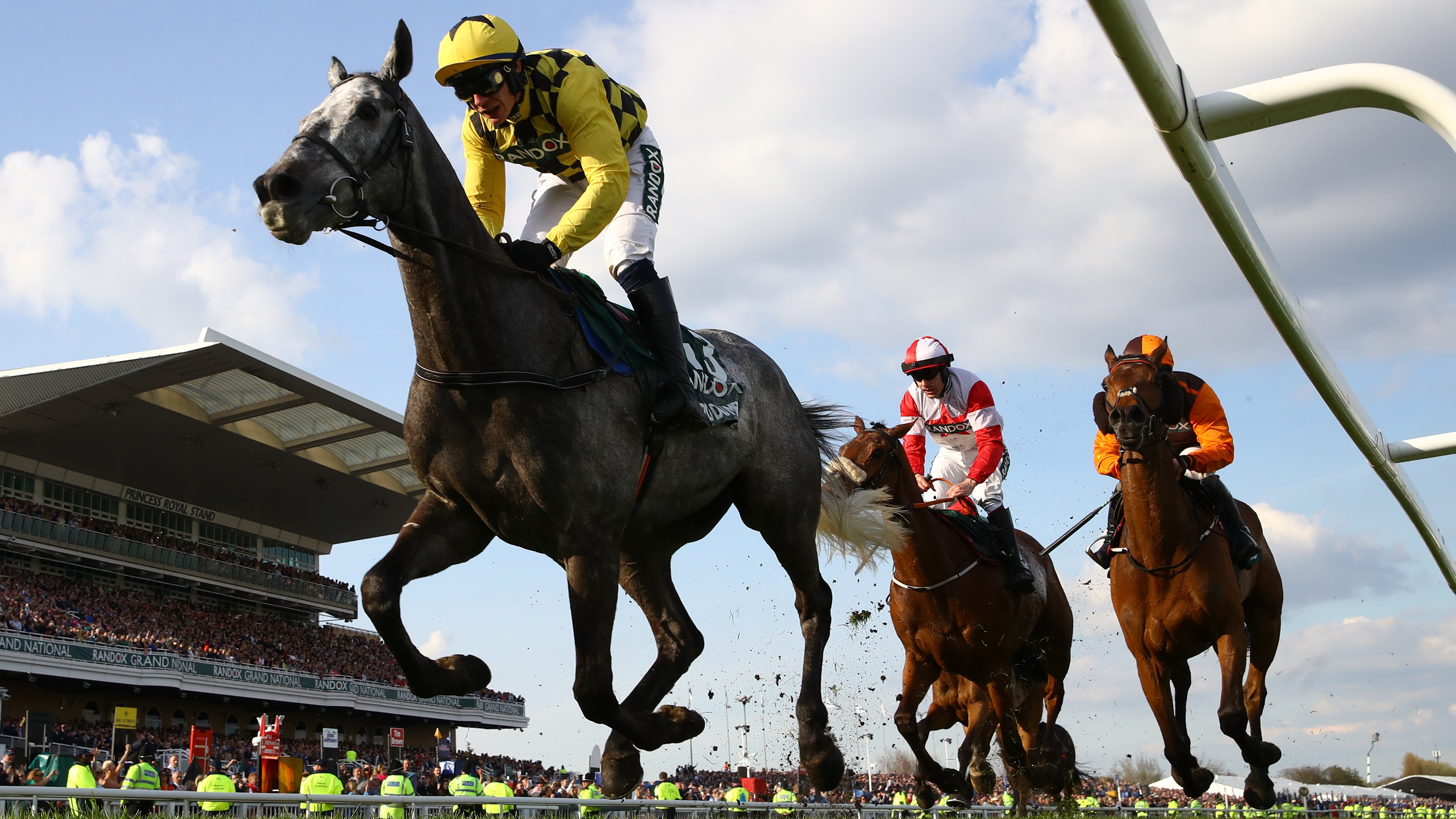 Grand National: will safety changes work?
Grand National: will safety changes work?Talking Point UK's most famous horse race brings in new welfare measures amid increased scrutiny
-
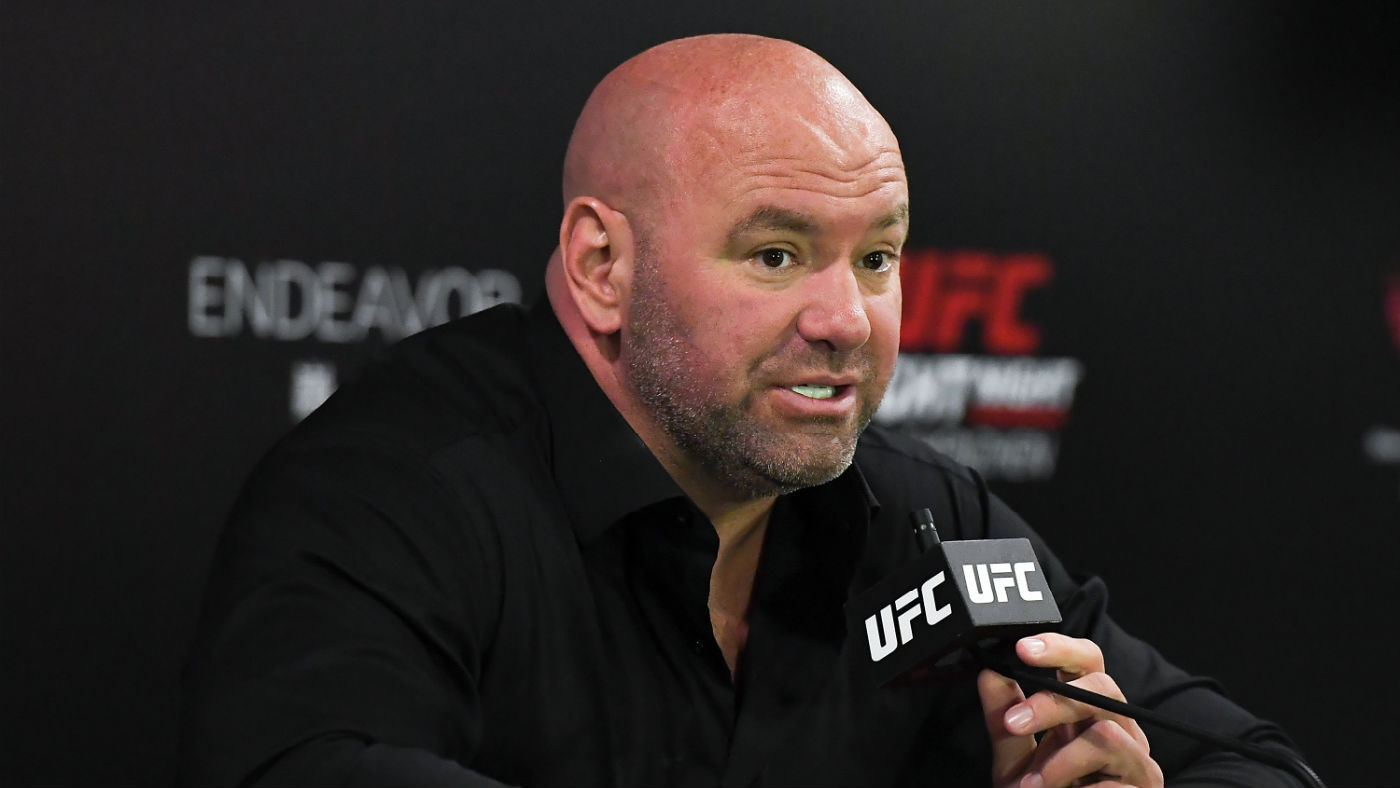 What is Dana White’s Power Slap League?
What is Dana White’s Power Slap League?feature UFC President has created a new ‘sport’ that experts fear may leave contestants with brain damage
-
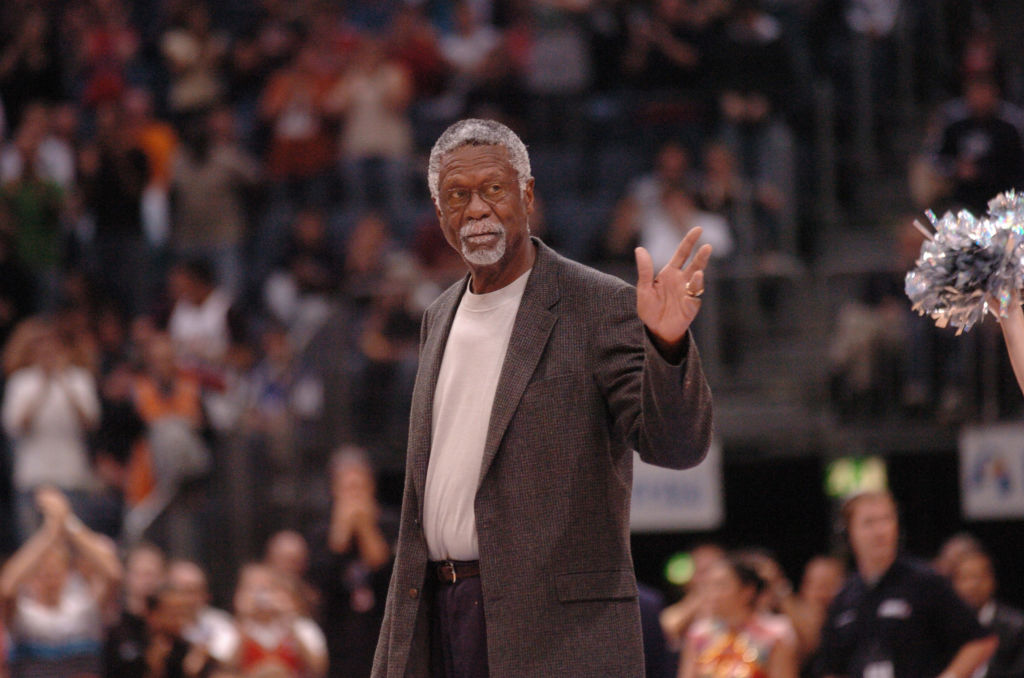 Bill Russell's legacy
Bill Russell's legacyTalking Point The brilliant team player who backed down to no one, on and off the court
-
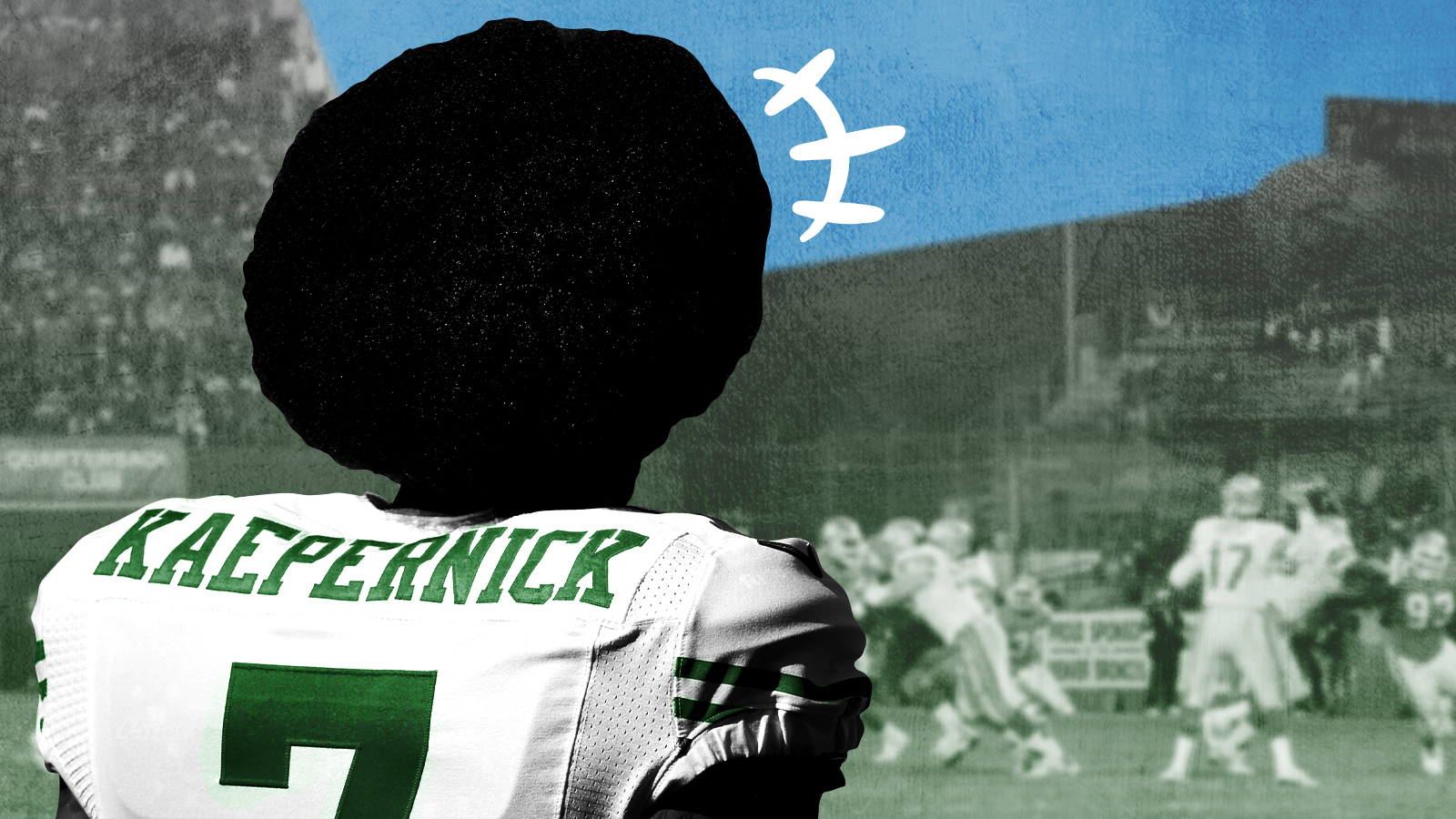 Colin Kaepernick won't make it as a backup in the NFL
Colin Kaepernick won't make it as a backup in the NFLTalking Point
-
 The NBA belongs to the world now
The NBA belongs to the world nowTalking Point